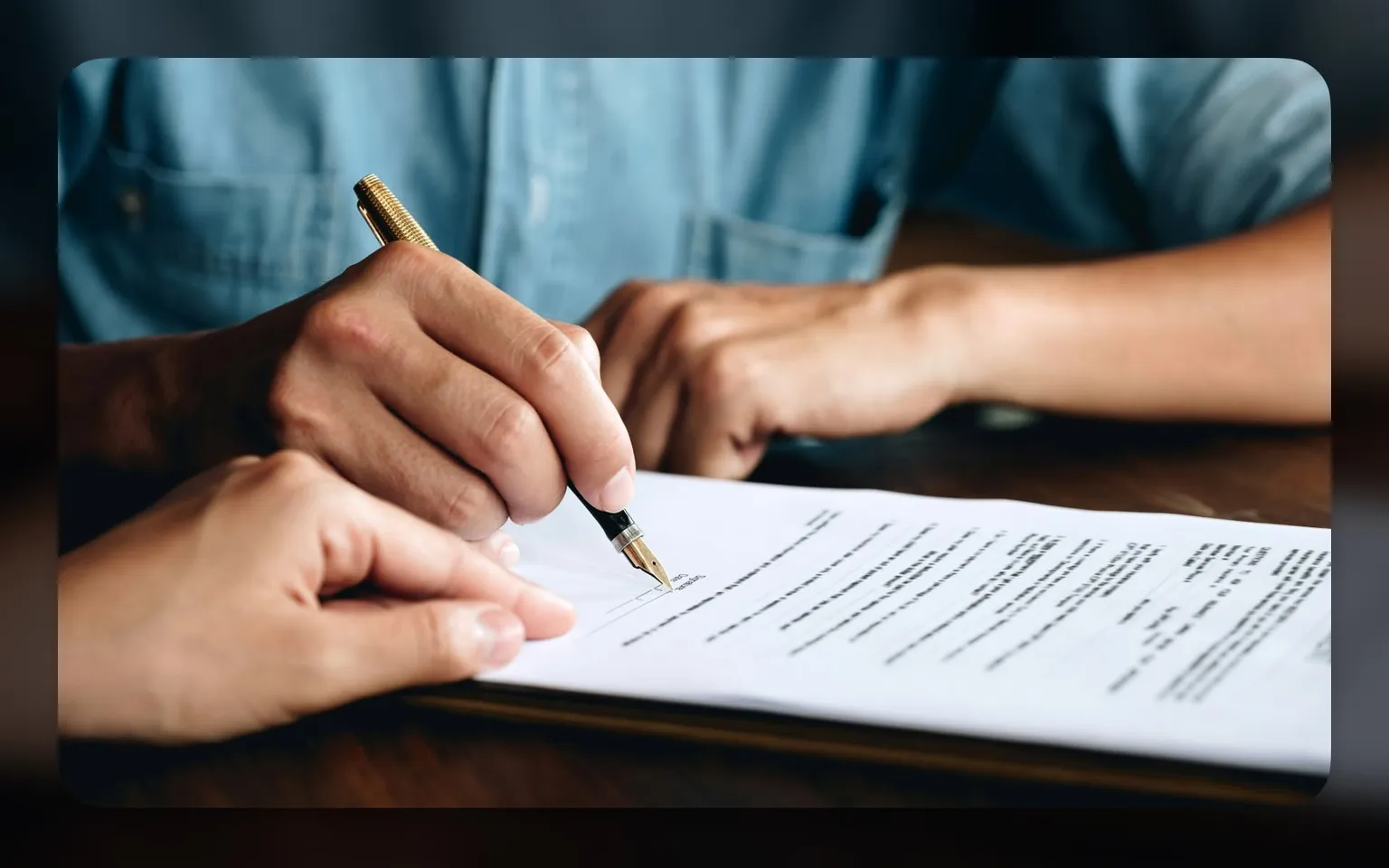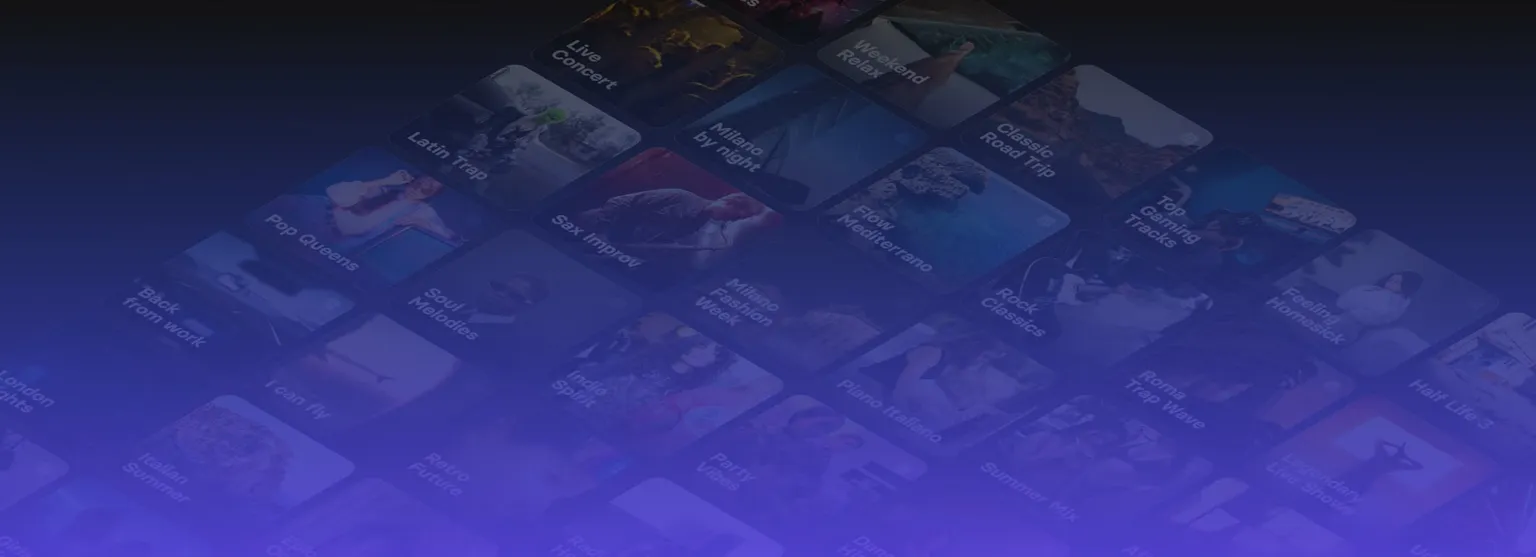
The introduction of artificial intelligence in music creation is driving a major shift in the industry.
This isn’t just about new tools to generate sounds; it’s about new ways of negotiating rights, licensing, and ownership.
As recent research notes, the integration of AI in music raises “complex copyright and licensing issues that traditional frameworks are struggling to address.”
For independent artists, understanding how contracts are evolving is essential.
The traditional “master and publishing” model is no longer enough.
Contracts now need to cover AI usage, voice cloning, training of generative models on your works, and royalty splits for AI-generated or AI-remixed versions of your music.
Key contract changes emerging with AI
1. Ownership and rights over AI versions
Where contracts once focused on master and publishing rights, they now must specify whether a track includes AI-generated components, such as algorithmic arrangements, synthetic vocals, or generative loops.
Some contracts grant labels the right to create AI versions of an artist’s voice, while others explicitly prohibit unauthorized voice cloning.
2. Use of voice, likeness, and “Deep Voice” models
AI can replicate vocal timbre and performance style.
Contracts must now include voice rights and likeness clauses to define what is permitted in terms of AI manipulation and synthetic vocal performances.
3. Royalty splits for AI-derived works
When an original song is transformed by an AI model, how should royalties be split?
Contracts are increasingly outlining percentage breakdowns between the artist, the AI platform, and the model developer for AI-enhanced works.
4. Training AI models on artist catalogs
If an AI platform trains its model using your recordings or stems, this requires explicit approval and compensation.
Some proposed systems include “attribution-by-design,” ensuring payment each time your music contributes to a generated output.
5. Transparency and tracking
Contracts are beginning to include requirements for metadata tagging, fingerprinting, and version tracking so that artists can be compensated for AI-derived versions of their music across platforms and territories.
Practical steps for independent artists
Review your current agreements
If you already have contracts with labels or distributors, check whether they include AI-related clauses.
If not, consider adding amendments or renegotiating key terms.
Request specific AI usage terms in new contracts
Clarify:
- Whether AI-generated arrangements of your voice are allowed
- Whether your catalog can be used to train AI models
- Royalty splits for AI-generated or AI-remixed versions
- Which identification and tracking systems will be used
Maintain creative control
Negotiate approval rights before any AI remixes, voice clones, or derivative works are released.
Require transparent reporting on version usage and performance.
Choose transparent partners
Work with labels, distributors, or platforms that have clear public policies regarding AI usage and compensation.
Communicate with your audience
Be open with your fans about how you use AI tools while maintaining creative identity.
Transparency strengthens trust and reinforces your artistic brand.
Contract 2.0 checklist
A modern music contract should include:
- Clear definition of “AI-generated” or “AI-assisted” works
- Separate rights for traditional vs. AI-derived versions
- Royalty splits for original tracks and AI variations
- Artist approval rights before release of AI versions
- Terms for AI training use and related compensation
- Metadata and version tracking requirements
- Territorial coverage for AI usage and distribution
- Duration and revocation terms specific to AI rights
- Audit rights to verify compensation and usage transparency
- Optional communication clause to support reputation and fan trust
The Future: the role of platforms like Matchfy
In an industry increasingly shaped by data and AI, having a strong network matters more than ever. Matchfy is a community-driven platform where artists connect with curators, influencers, magazines, producers, and other professionals in the music world. You can share your work, request feedback, start collaborations, and get guidance from people who have already navigated key steps in the industry.
Matchfy doesn’t replace legal advice or handle contract negotiations directly. But by being part of an active community, you can meet the right people who can help you understand the landscape: from promotion, to career development, to knowing who to talk to when it comes to rights and contracts.
Growth today isn’t just about streams. It’s about building relationships, learning from others, and surrounding yourself with people who can help you move forward in a sustainable and informed way. Join today the largest virtual music network on earth!

